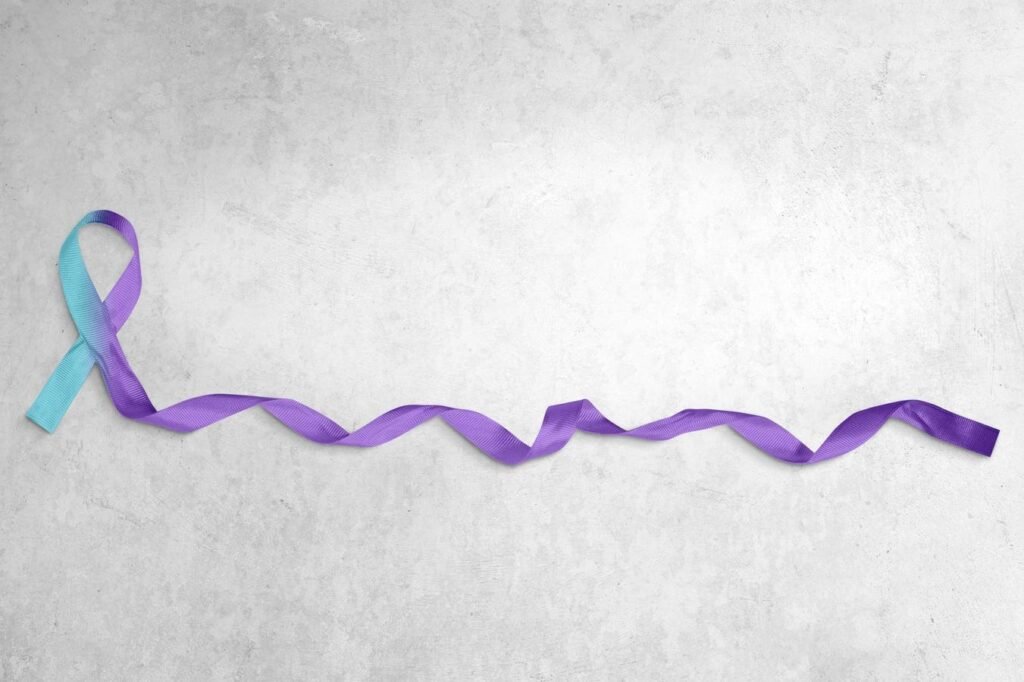Suicide Prevention Awareness Ribbon Concept
getty
A recent report released by the Substance Abuse and Mental Health Service Administration (SAMHSA) highlighted that the federal government officially recognizes September as Suicide Prevention Awareness Month. Suicide prevention is a critical focus within higher education due to its prevalence as a leading cause of death among young adults. Notably, research from BestColleges.com in 2023 revealed that suicide rates among college students are lower compared to young adults not enrolled in college, indicating the presence of protective factors on campuses such as access to counseling centers and a supportive community.
Additionally, higher education institutions often serve as hubs for individuals at higher risk for suicide, including military veterans, trauma survivors, individuals with diverse backgrounds, ethnic minorities, and those struggling with addiction. A 2024 report on Forbes.com emphasized the importance of leveraging college mental health resources to address societal mental health concerns, including suicide prevention, in a cost-effective manner.
DEI Bans and Impact on Suicide Prevention
There is growing confusion in college mental health regarding the relationship between recent DEI (Diversity, Equity, and Inclusion) bans and suicide prevention efforts. Many state laws and executive orders contain generic language that poses challenges in interpreting their impact on medical services, leading to concerns within counseling centers. For instance, Texas’ Senate Bill 17 prohibits higher education institutions from conducting certain programs related to race, ethnicity, and gender, causing some centers to cease specific therapy groups, potentially affecting suicide prevention initiatives.
Challenges in Targeted Mental Health Outreach
Targeted mental health promotion plays a crucial role in suicide prevention, yet DEI bans have the potential to hinder these efforts. Instances where counseling centers refrained from providing enhanced support to specific groups, such as Jewish students following a traumatic event, due to DEI bans reflect the challenges faced in delivering tailored services to high-risk populations.
Clarification on Health-Care Exemptions
Health associations are advocating for clarity on health-care exemptions within DEI bans to ensure the continuity of clinical services provided by licensed healthcare providers on campuses. While some states have included such exemptions, there remains a lack of awareness and media coverage on this aspect, underscoring the need for clearer guidelines and communication.
In conclusion, while college mental health initiatives are crucial in preventing suicide among young adults, the unintended consequences of DEI bans on clinical services and outreach pose challenges to these efforts. It is imperative for stakeholders to collaborate and address the complexities surrounding DEI bans to safeguard mental health support systems on campuses.


